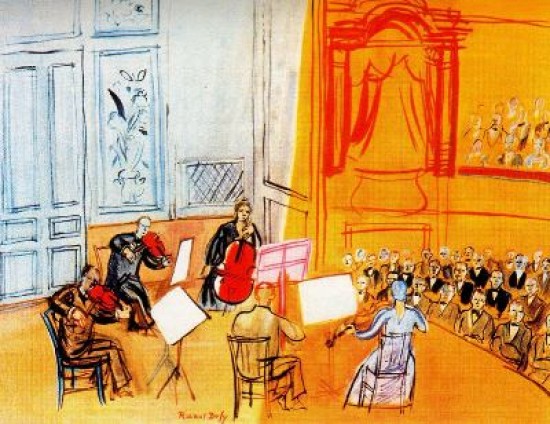sonatas, continued (Messiaen – “Quartet for the End of Time”)



“Self-Portrait“ (1901)
_______

“Self-Portrait” (1901)
Raoul Dufy
_______